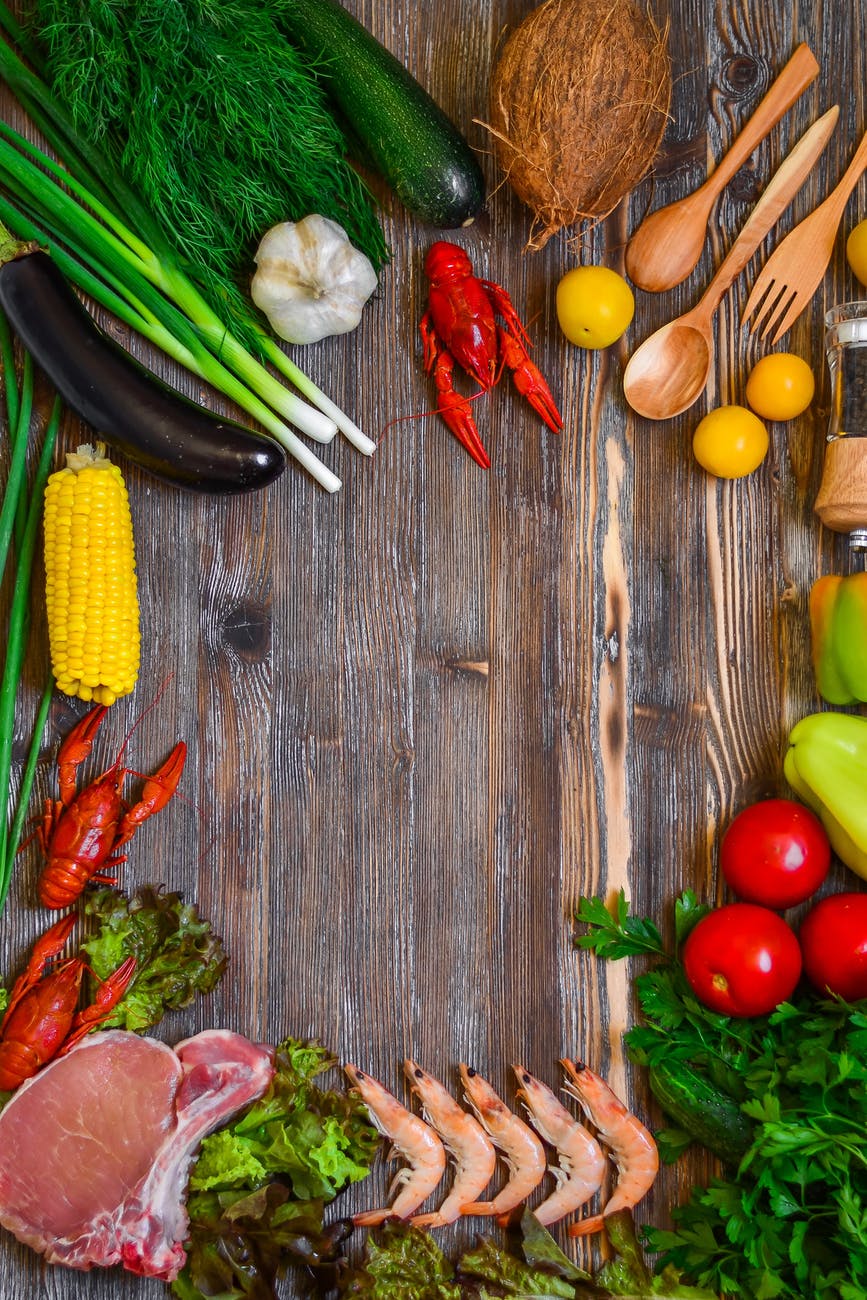Last week was a complete and utter nightmare for me, both personally and professionally. In South Africa we are currently experiencing load shedding – which means 1-2x per day we are left without electricity for about 2.5 hours each stint. I have never felt so isolated in my life!
At work I couldn’t call anyone but luckily I had WIFI and a charged laptop but trust me that battery doesn’t last nearly as long as it should when you are running a webinar. The pure anxiety of watching your battery deplete and hope that it will last those last few minutes or that the electricity will switch on so you don’t get cut off last minute and leave your participants hanging.
At home I couldn’t cook, I couldn’t watch the webinars, attend my group ONL session on the public holiday as my WIFI at home shuts down when there’s no power, my kids were scared of the dark and…you might have noticed my frustration.
 Photo by Pixabay on Pexels.com
Photo by Pixabay on Pexels.com
BUT despite my frustration I am now concerned. In a world like ONL – MOOCs – LMS’s – we need to be connected. So, how do we share in a world where there is no connectivity? No electricity = no openness = no learning. It’s not intermittent connectivity that we need it’s full on, 100% per day 7/4/7. We need to be able to access information when it is most suitable to us and according to our schedules.
We discuss openness as if its a given, but the issue is it’s a privilege. Many people in the world today still don’t have access to the internet. According to Emily Dreyfuss (2018):
FOUR YEARS AGO, the United Nations predicted that more than half of the global population would be connected to the internet by 2017, buoyed in part by “the fastest growing technology in human history”: mobile broadband. The world missed the mark. Now the UN expects to achieve that goal by the end of 2019, and that still leaves an estimated 3.8 billion people offline.
Read her article here: https://www.wired.com/story/global-internet-access-dire-reports/
That’s a lot of people we need to connect in a world that is not fully connected. But these people also have the right to embrace the openness of learning and its information.
So yes, I guess I believe that we should be open with our content and share our knowledge. For me, the more you know the more powerful and valuable you are but having said that. I also believe you need to pay for the experience – because the learning experience is like going to the movies a concert or broadway show: you have to pay. So, I guess we’ve moved away from the importance of content to a big push to deliver on the user experience!
Hopefully I will have more clarity on openness as we wrap our topic this week.
Stay tuned for some reflection later this week!
Alexia
 Photo by Janko Ferlic on Pexels.com
Photo by Janko Ferlic on Pexels.com